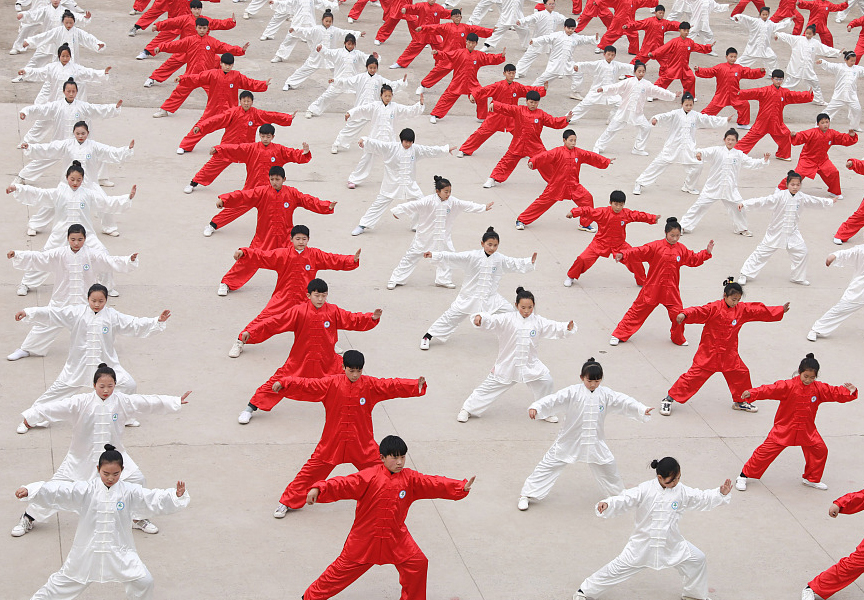Random Free Articles
- A Living Master; A Living Blessing
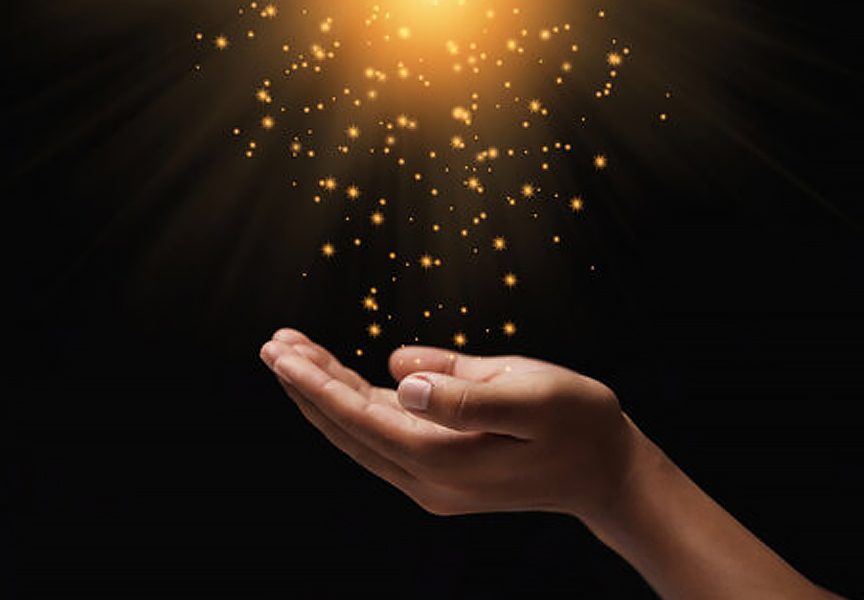
In the tapestry of human existence, certain individuals emerge as beacons of wisdom, compassion, and enlightenment. A living master, often recognized as a spiritual guide, mentor, or teacher, embodies the essence of a living blessing. These extraordinary individuals traverse the realms of knowledge, guiding seekers on the path of self-discovery, inner peace, and spiritual awakening. The Living Presence: A living master is not merely a…
- Evaluating the Necessity of Learning Martial Arts for Self-Defense
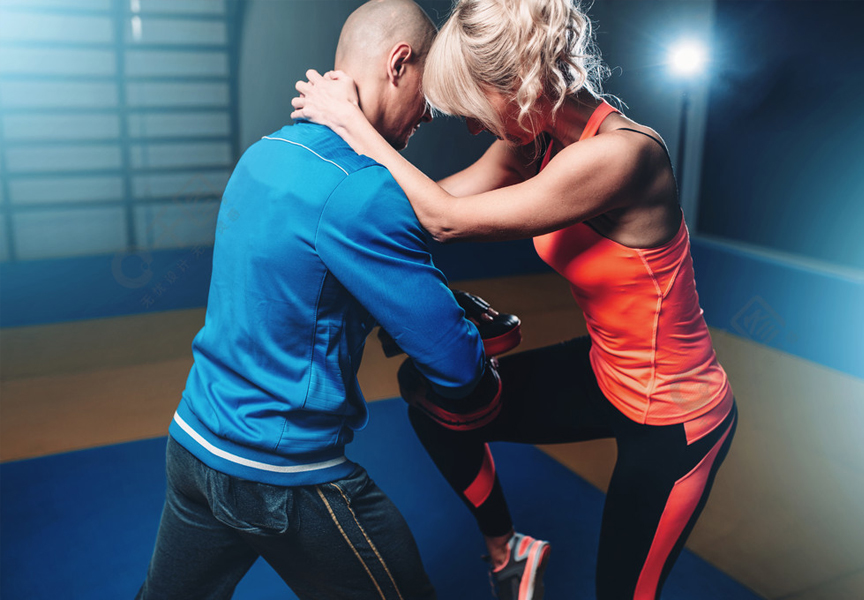
In a world where physical altercations can sometimes be unavoidable, the idea of learning a martial art for self-defense purposes seems logical and prudent. Many individuals are drawn to martial arts classes with the belief that acquiring combat skills will keep them safe in dangerous situations. However, before committing to rigorous training and dedicating time and resources to mastering a martial art, it's crucial to assess the…
- Shaolin Rou Quan in Medicine and Health Promotion
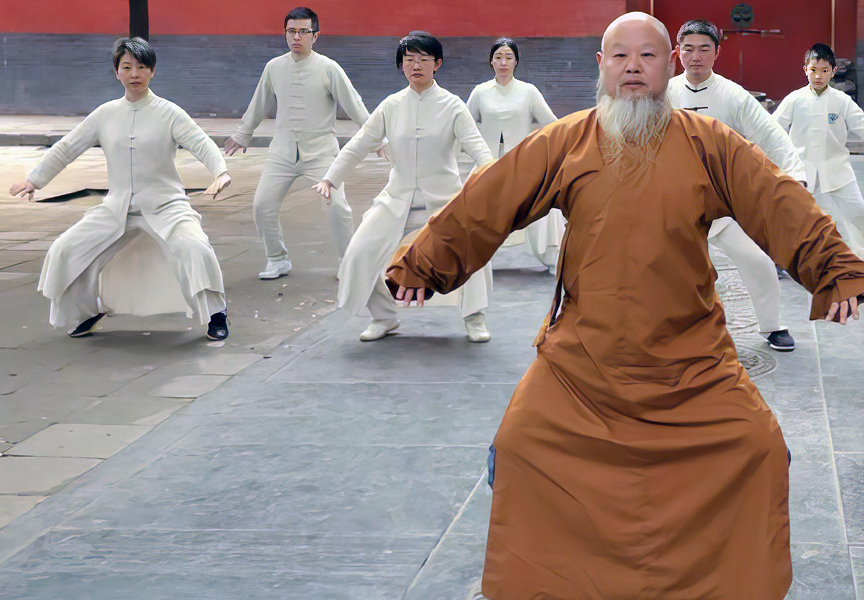
For centuries, the Shaolin Temple in China has been celebrated as the birthplace of martial arts, known for its legendary kung fu techniques and the dedication of its monks. While martial arts are primarily associated with self-defense and physical fitness, there is a lesser-known aspect of Shaolin culture that has been gaining recognition in recent years: Shaolin Rou Quan [Chin.: Shàolín Róu Quán 少林 柔拳]. This gentle and graceful…
- Expecting the Unexpected in a Martial Art

Martial arts have a rich history of teaching discipline, self-defense, and physical fitness. These arts come in various forms, each with its unique techniques, philosophies, and principles. One fundamental aspect that martial artists are continually taught is to expect the unexpected. This core principle not only enhances one's effectiveness in self-defense but also extends to various aspects of life. In this article, we will explore the…
- Unlocking the Serenity Within
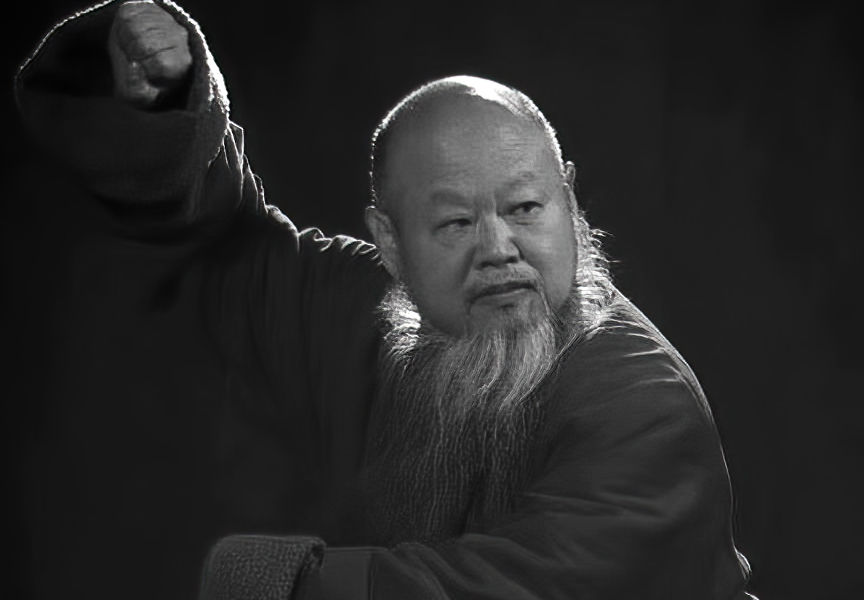
In a fast-paced world filled with stress and anxiety, it's essential to find ways to maintain physical and mental well-being. Shaolin Rou Quan, often referred to simply as Tai Chi, is an ancient Chinese martial art that has been practiced for centuries and is gaining popularity worldwide for its numerous health benefits. This gentle and flowing exercise combines mindfulness, slow and graceful movements, and controlled breathing to promote…

